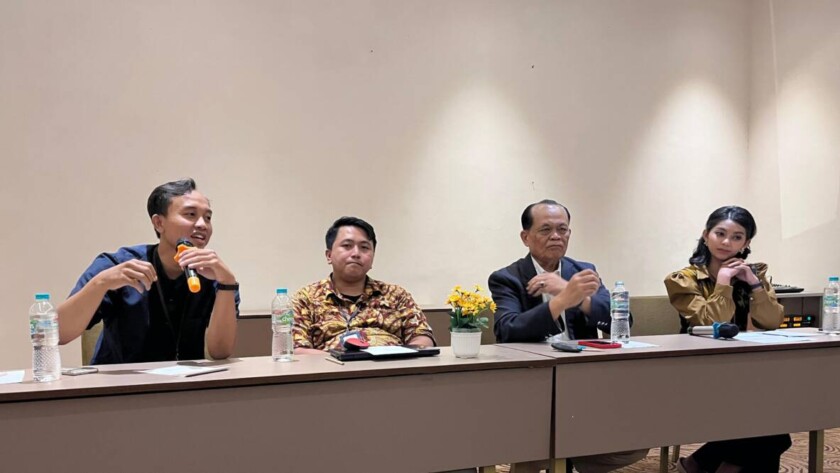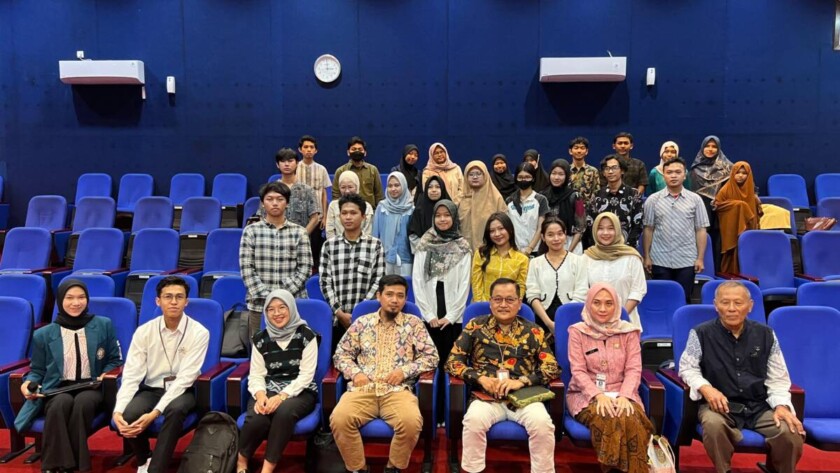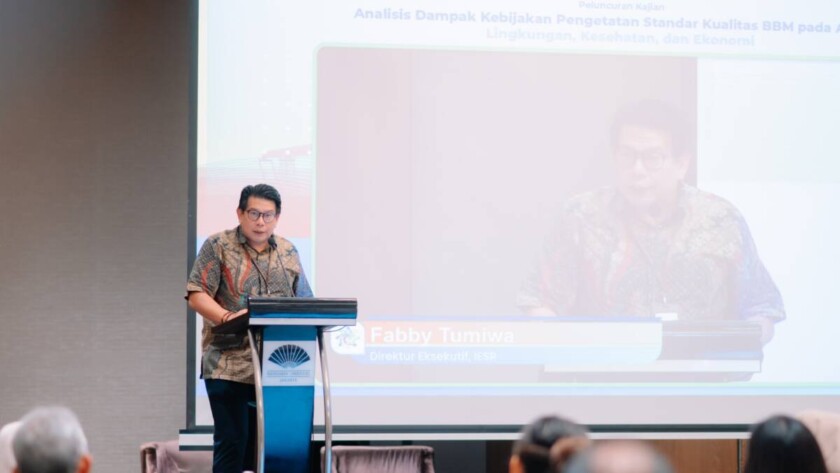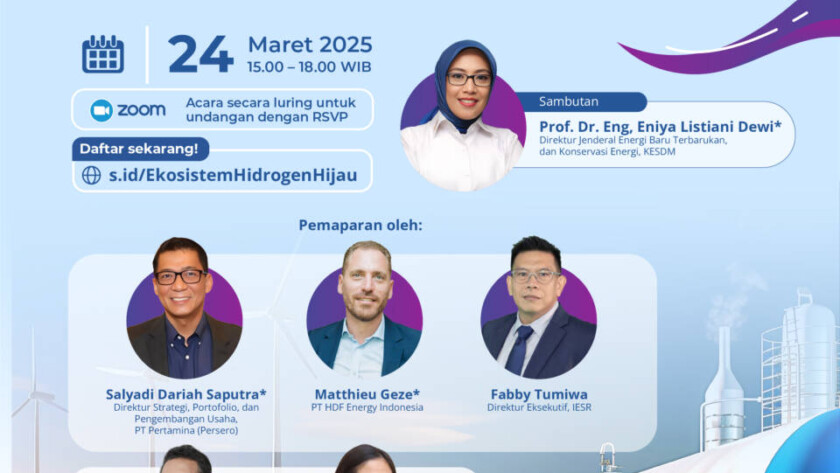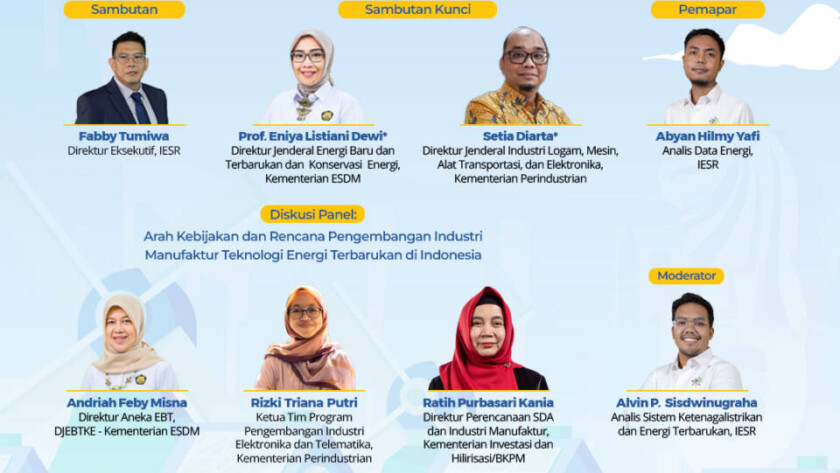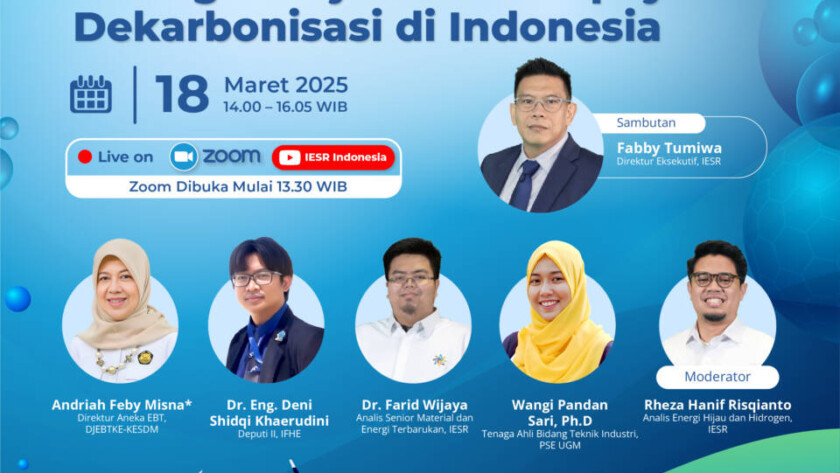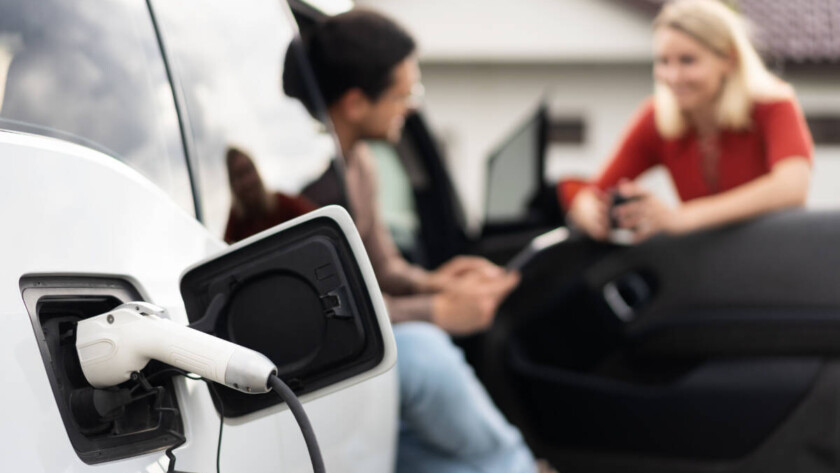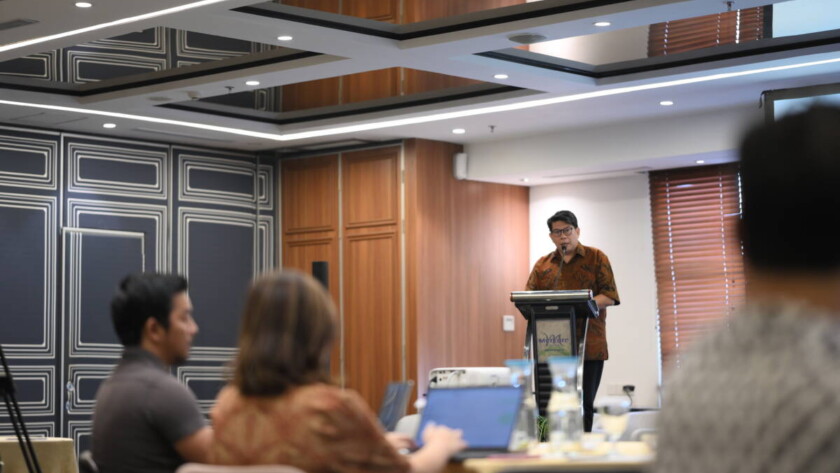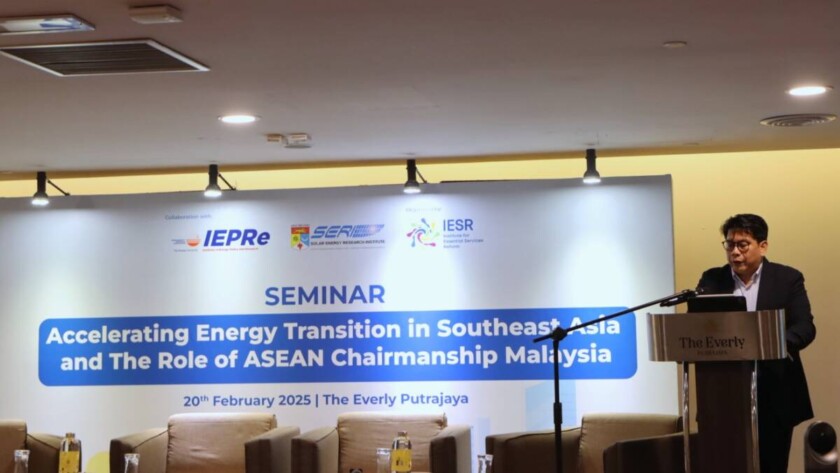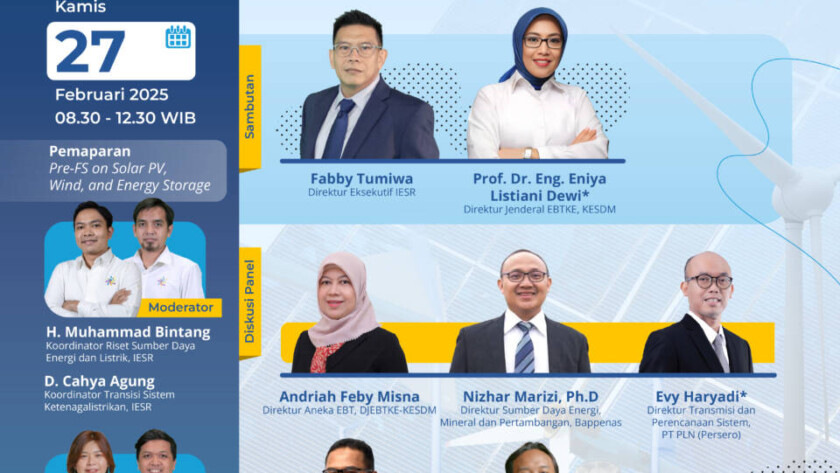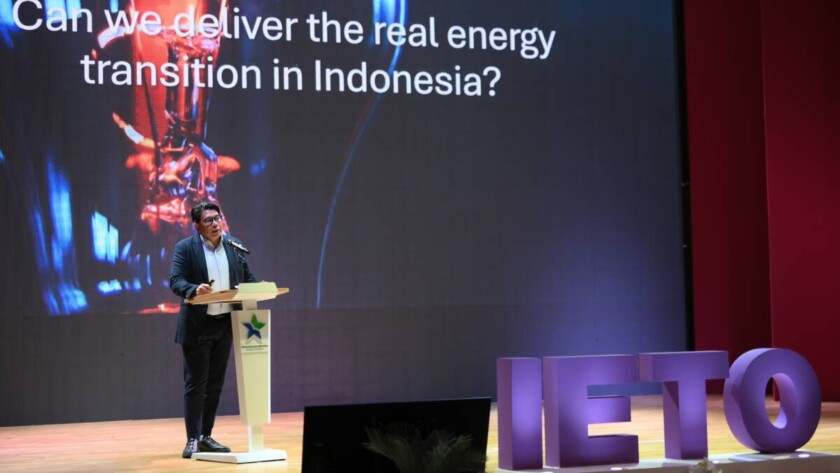Jakarta, March 26, 2025 - Indonesia has committed to achieving net zero emission (NZE) by 2060 or sooner. In 2022, Indonesia agreed to the USD 20 billion Just Energy Transition Partnership (JETP), one of whose targets is peak emissions of 290 million tons of CO2 and a renewable energy mix of 34 percent by 2030.…
